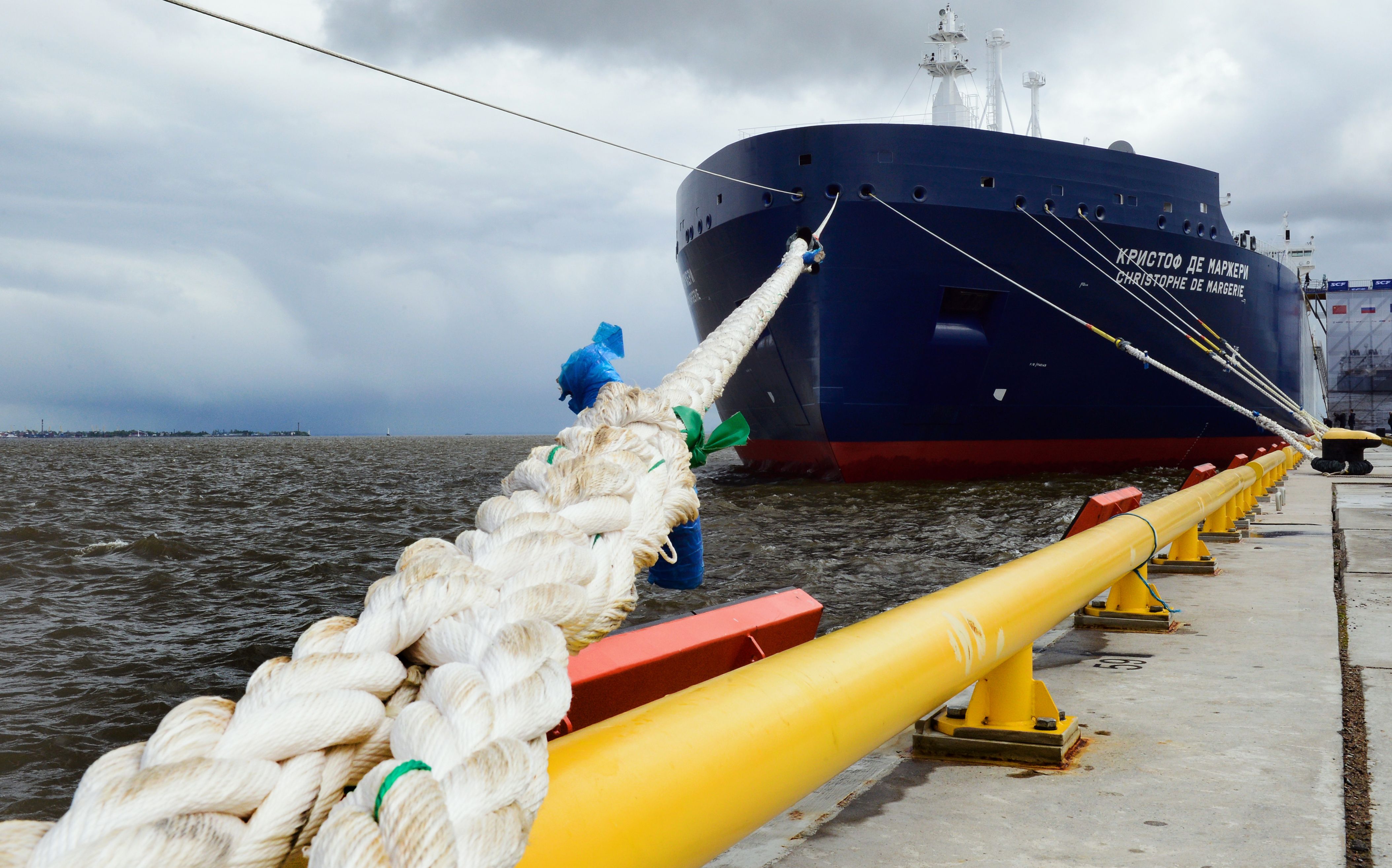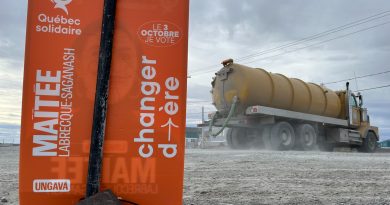2017, a year of ups and downs for Russian Arctic oil

Russian Arctic oil is on the rise. But several regions experience a decline in output.
It is the Yamal-Nenets region which is the big driver in Russian Arctic oil and natural gas. Several major new projects are resulting in big production growth. In 2016, company Gazprom Neft launched the Messoyakha and Novy Port projects, and output from these fields now significantly impact regional production figures.
According to the Yamal-Nenets government, industrial production in 2017 grew by ten percent, and it is practically all oil and gas.
Oil production in 2017 totaled 30,6 million tons, an increase of 13,4 percent compared with 2016. Meanwhile, natural gas production increased by more than 11 percent, a press release informs.
Good numbers for Gazprom
The Yamal-Nenets tundra is a core production area for natural gas company Gazprom, which in the course of the year boosted its output by 6,7 percent to a total of 540,4 billion cubic meters. The Bovanenkovo field is Gazprom’s main asset in the region, and natural gas from this field constitutes a major share of the company’s export to northern Europe.
And more is in the pipeline. In December 2017, Novatek officially started production at its Yamal LNG and carriers are already shuttling to and from the project port of Sabetta.
Both Gazprom and Novatek are developing more projects in the region, among them is Arctic LNG 2 in the Gydan Peninsula, as well as the Kharasaveyskoye, Kruzenshternskoye and South Tambey.
The Yamal-Nenets Autonomous Okrug will have a continued major growth in oil and natural gas production for several more years. But the same will not be the case with the neighboring regions.
Target missed in the Komi Republic
The Komi Republic in 2017 experienced a 7,2 percent decline in oil and gas condensate production, regional officials said this week. Production amounted to 14 million, down from 15,1 million tons in 2016.
The result is far below the target of 15,2 million tons set by the regional Ministry of Industry and Energy in early 2017, Neftegaz reports.
Also the Nenets Autonomous Okrug saw a shrinking of its production in 2017. According to regional production figures for the first 11 months of the year, oil extraction amounted to 15,8 million tons, which is 2,6 percent less than in the same period in 2016, NAO24 reports.
Despite the shrink in production, leading regional oil company Lukoil in the course of the year exported bigger volumes through Varandey, the terminal on the coast of the Pechora Sea. The Varandey terminal in 2017 handled 8,2 million tons of oil, an increase of 3,4 percent year-on-year, and the best result ever for the installation.
Also offshore Arctic oil is on the increase. Russia’s only offshore oil production project in the region, the Prirazlomnaya, in 2017 produced an estimated 2,6 million tons.
Related stories from around the North:
Canada: Arctic nickel, not oil, could soon power the world’s cars, Blog by Mia Bennett, Cryopolitics
Finland: U.S. pullout from Paris climate pact condemned by Finnish leaders, Yle News
Germany: Cheap oil from the Arctic? Fake news, says climate economist Kemfert, blog by Irene Quaile, Deutsche Welle
Norway: Dwindling interest in Norway’s Arctic oil raises many questions, The Independent Barents Observer
Russia: An international collaboration behind Russia’s second Arctic LNG project, The Independent Barents Observer
Sweden: Sweden’s climate minister : U.S. withdrawal from Paris sends a bad signal, Radio Sweden
United States: Big questions emerge over $43 billion gas-export deal between Alaska and China, Alaska Dispatch News



